Commercial flooring is an excellent choice for a variety of potential use cases. Whether you have space in a warehouse, a factory, an office, a school, a church, or a professional kitchen, you need the right kind of flooring to fulfill the plan you have for the space, while also being easy to clean and maintain.
Article Library
Showing 1-12 of 224

What Floor Tiles Come In Navy Blue?
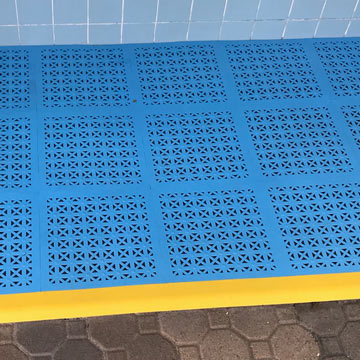
What Kind of Floor Mats and Material Work Best in a Sauna?
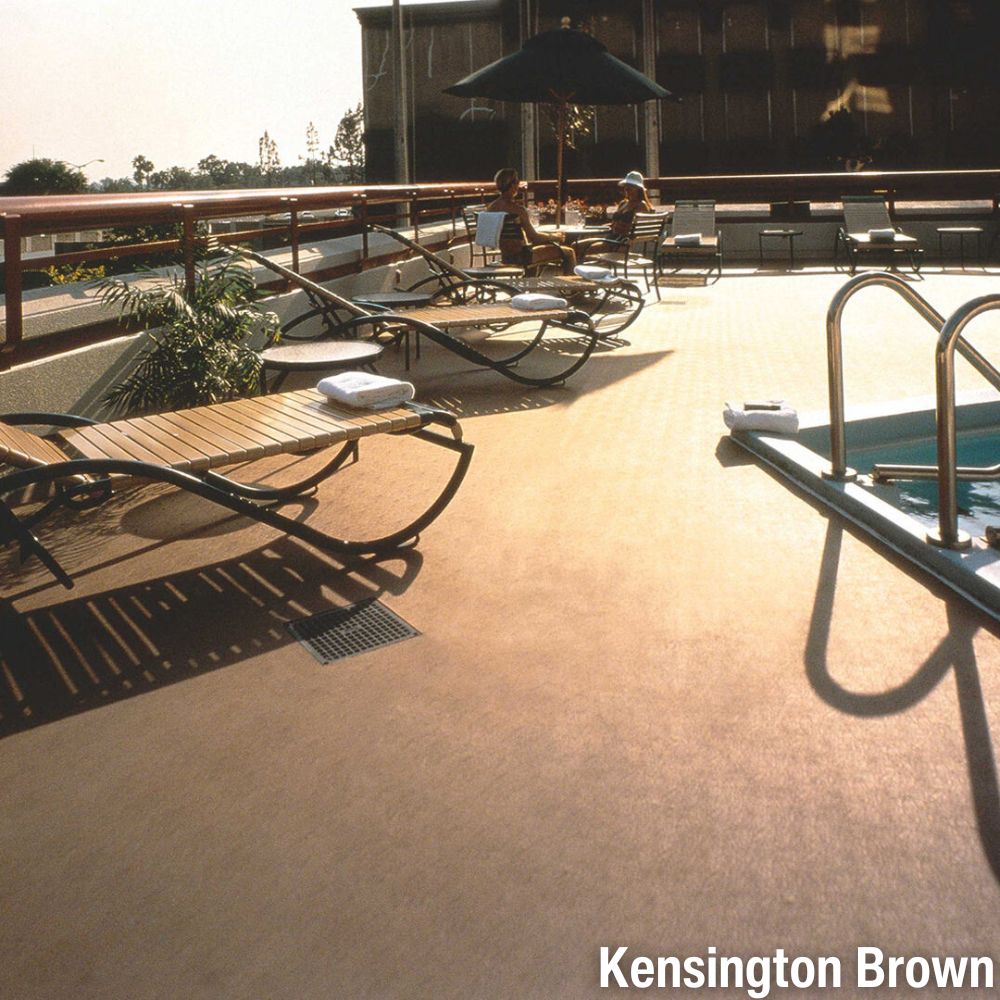
Is Vinyl Flooring Waterproof?

What Kind Of Patterns Does Sheet Vinyl Flooring Come In?
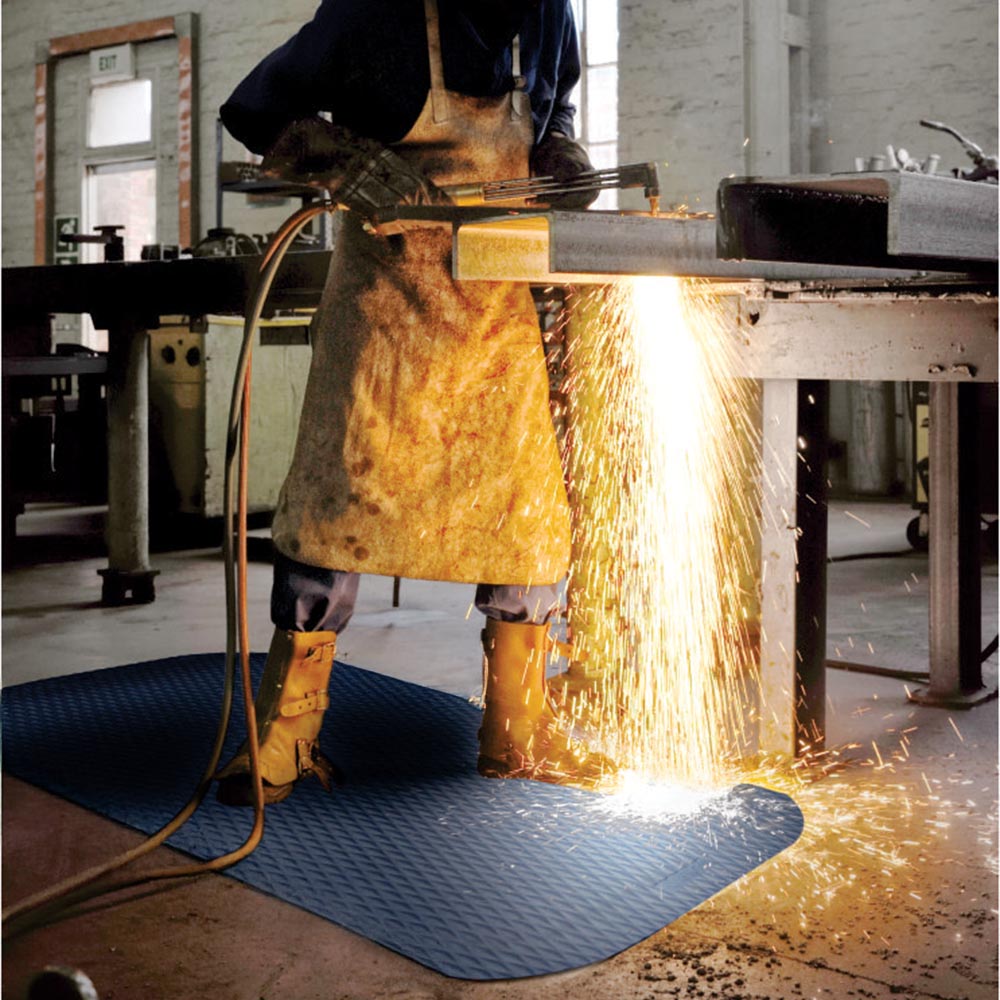
What Kind of Floor Mats Are Heat Resistant?
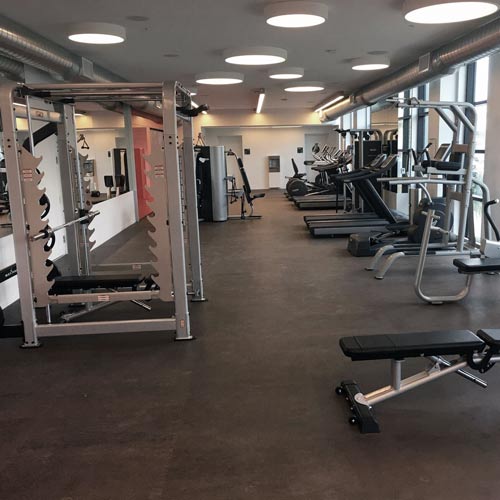
PaviGym Flooring Tiles - What Are They?
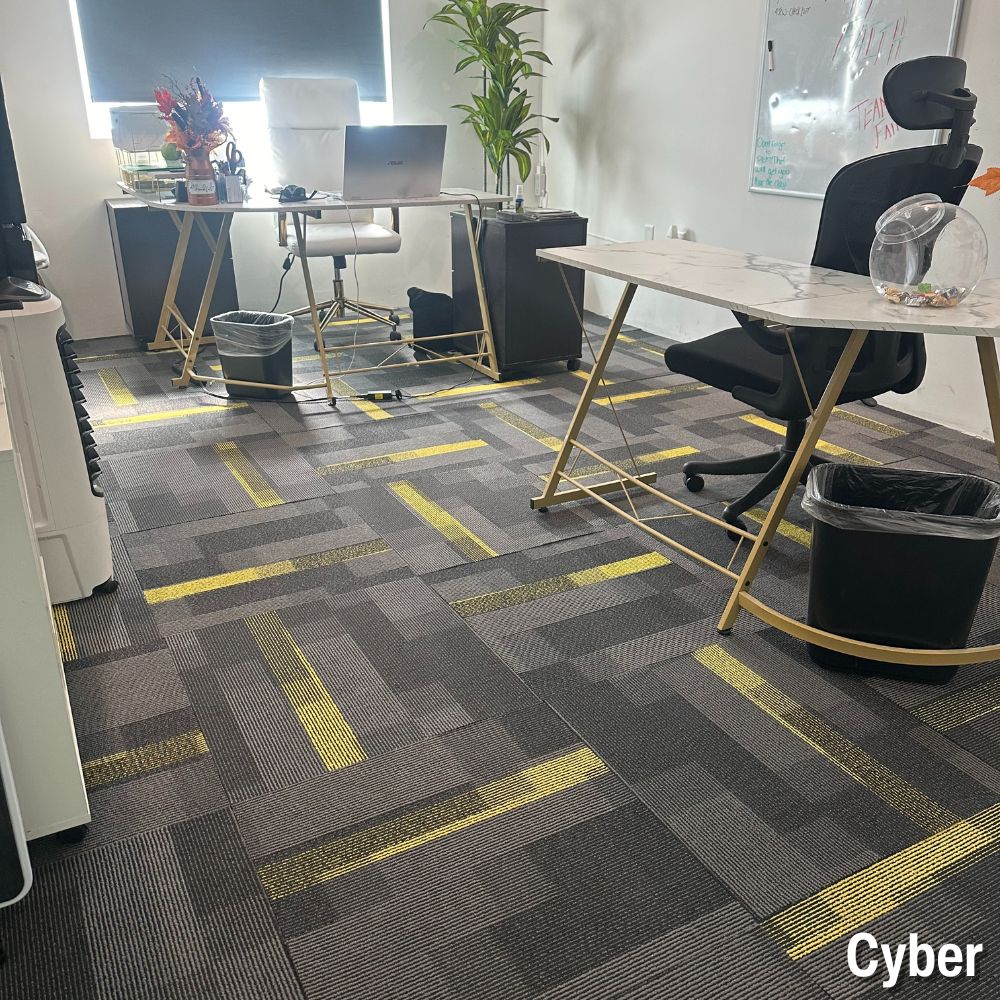
What Are the Advantages of Office Carpet Tiles Vs. Carpet Flooring?
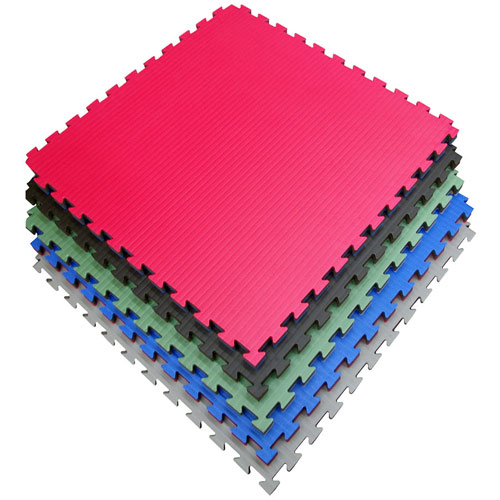
How Long Do Martial Arts Mats Last?
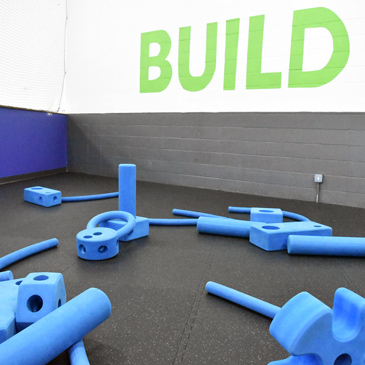
What Is The Most Popular Specialty Flooring In Minnesota?
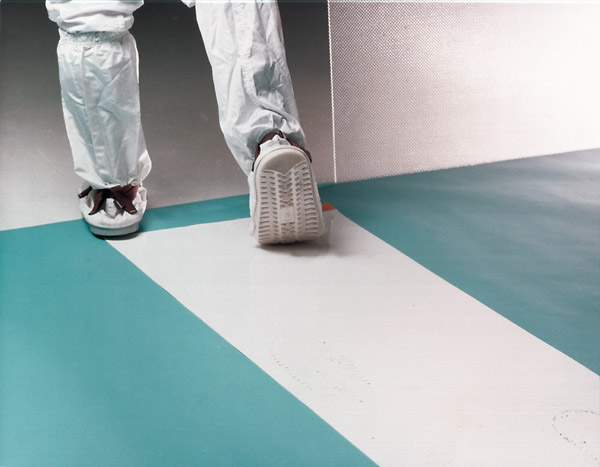
What Are Clean Room Floor Mats?
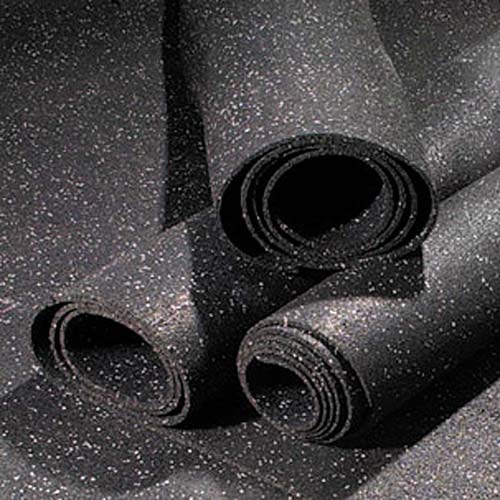
Where Do I Find LEED Certified Floor Material and Products?
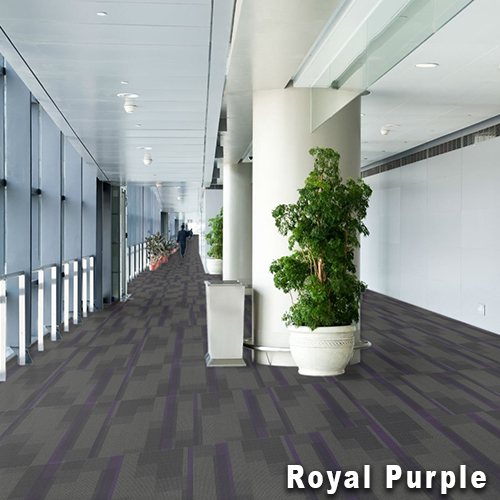
What Is TARR for Commercial Carpet?
Video Library
Showing 1-12 of 93

LonCoin Commercial Vinyl Roll for High Traffic Areas

Rosco Tile TV Studio Flooring

SupraTile 6.5 mm T Joint Textured PVC Interlocking Tiles

Chemical Welding Seams for Lonseal Flooring: Double-Cut Method

Heat Welding Seams for Lonseal Flooring: Glazing of Welding Thread

Heat Welding Seams for Lonseal Flooring Without Glazing of Welding Thread

Event High Gloss Show Flooring Rolls for Events

Overlap Welding Seams for LonDeck Vinyl Flooring

Wearwell ErgoDeck HD Open Black Interlocking Tiles floormats diy floortiles waterproof

Commercial Entrance Linear Interlocking Tiles with Carpet Strips - 1x1 ft

Vynagrip Heavy Duty Industrial Workplace Safety Floor Matting

How to Install Snap Track Joining Strip on Workplace Matting
Concrete flooring is commonly found in these types of settings, but it is not always the safest type of floor surface for commercial spaces. Concrete is unforgiving for employees who must stand on it for hours at a time, creating sore joints. It also becomes slippery if there’s any dampness in the area.
Instead, by installing multiple types of materials over the cement, you can deliver the safety you need with a pleasing design, depending on the budget you have and your needs for the commercial flooring space.
Rubber. Rubber provides a versatile type of industrial flooring, as it is available in multiple thickness options in a tile, mat, runner, or roll format, all at a reasonable price. Some types of this flooring have a yellow border for extra safety.
Rubber works nicely as commercial flooring in areas where solvents and other chemicals are in use. This is an extremely rugged flooring material, and it will stand up well when used in high traffic areas, including where forklifts are being driven.
Additionally, rubber gives you anti-fatigue properties, so those who are standing on the floor and working for an entire day will have fresher hip, knee, and ankle joints. Rubber is heavy, so you or your contractors may need some large power equipment and extra hands to move rolls into place.
Plastic. With durable PVC or polypropylene plastic materials in your commercial flooring, you’ll receive long lasting performance at a great price.
Plastic tiles are easy to install, as many of them have interlocking edges that snap together, allowing for a DIY project. Various designs of these plastic tiles will have hidden interlocking seams, which creates a cleaner, finished look, without requiring the addition of grout.
In areas where dampness on a concrete subfloor is a concern, many forms of plastic made for commercial settings have small legs or pedestals that raise the bottom part of the tile away from the concrete. This allows air to flow underneath the tiles, removing dampness from being trapped and causting the potential for odor.
Many PVC flooring options have a slight texture in the surface, which creates a safer footing, especially if the floor may sometimes have slippery liquids spilled on it. This is especially helpful in an industrial garage, where snow and rain from vehicles can drip on the floor. Some polypropylene flooring can withstand 20,000 pound loads.
Vinyl and laminate. Plenty of commercial grade vinyl flooring options are available. Vinyl delivers a great look that’s perfect in high traffic areas, such as hotels or banquet halls.
Vinyl is available in multiple colors and designs, so you can pick the exact look that’s required for the use case. Some types of vinyl will even look like wood flooring, which is great for areas where the commercial flooring also will be customer facing.
Luxury vinyl tile (LVT) is a smart choice in areas where you need maximum durability to stand up to regular foot traffic and heavy equipment. LVT has a thick wear layer that protects the design layer for the tile, maintaining a like-new look in the flooring.
Carpet. Depending on your needs, carpet may be the best choice as a commercial flooring. Often times industrial settings need a warmer style of flooring that’s made to greet visitors to the area. Carpet just looks nicer than some other options.
Multiple types of carpeting for an industrial setting are constructed with a foam or rubber backing, which yields cushioning properties when employees must stand on the floor for long periods of time to do their work.
Other types of carpeting have a waterproof design, which means they will stand up to spills and the introduction of moisture into the area.
Industrial level carpet is often available in interlocking tile formats, giving you an installation option that’s easy to use.
Carpet can require some extra time to clean versus other types of flooring that you may find in a commercial setting, but if you care for it properly, carpeting will provide a long lasting design that stands up to regular foot traffic.
Commercial flooring buying guide. The best commercial flooring needs to have a high level of durability, standing up to whatever types of activities you have in mind. It also needs to look great, giving you the build quality and design features that fit the space. And it needs to match your budget.
Our buyer’s guide has plenty of information to help with your choices. Click any of the links to learn more about all of the ways you can use this type of flooring. You’ll find product reviews, use case options, installation ideas, videos, and blog articles.
Instead, by installing multiple types of materials over the cement, you can deliver the safety you need with a pleasing design, depending on the budget you have and your needs for the commercial flooring space.
Rubber. Rubber provides a versatile type of industrial flooring, as it is available in multiple thickness options in a tile, mat, runner, or roll format, all at a reasonable price. Some types of this flooring have a yellow border for extra safety.
Rubber works nicely as commercial flooring in areas where solvents and other chemicals are in use. This is an extremely rugged flooring material, and it will stand up well when used in high traffic areas, including where forklifts are being driven.
Additionally, rubber gives you anti-fatigue properties, so those who are standing on the floor and working for an entire day will have fresher hip, knee, and ankle joints. Rubber is heavy, so you or your contractors may need some large power equipment and extra hands to move rolls into place.
Plastic. With durable PVC or polypropylene plastic materials in your commercial flooring, you’ll receive long lasting performance at a great price.
Plastic tiles are easy to install, as many of them have interlocking edges that snap together, allowing for a DIY project. Various designs of these plastic tiles will have hidden interlocking seams, which creates a cleaner, finished look, without requiring the addition of grout.
In areas where dampness on a concrete subfloor is a concern, many forms of plastic made for commercial settings have small legs or pedestals that raise the bottom part of the tile away from the concrete. This allows air to flow underneath the tiles, removing dampness from being trapped and causting the potential for odor.
Many PVC flooring options have a slight texture in the surface, which creates a safer footing, especially if the floor may sometimes have slippery liquids spilled on it. This is especially helpful in an industrial garage, where snow and rain from vehicles can drip on the floor. Some polypropylene flooring can withstand 20,000 pound loads.
Vinyl and laminate. Plenty of commercial grade vinyl flooring options are available. Vinyl delivers a great look that’s perfect in high traffic areas, such as hotels or banquet halls.
Vinyl is available in multiple colors and designs, so you can pick the exact look that’s required for the use case. Some types of vinyl will even look like wood flooring, which is great for areas where the commercial flooring also will be customer facing.
Luxury vinyl tile (LVT) is a smart choice in areas where you need maximum durability to stand up to regular foot traffic and heavy equipment. LVT has a thick wear layer that protects the design layer for the tile, maintaining a like-new look in the flooring.
Carpet. Depending on your needs, carpet may be the best choice as a commercial flooring. Often times industrial settings need a warmer style of flooring that’s made to greet visitors to the area. Carpet just looks nicer than some other options.
Multiple types of carpeting for an industrial setting are constructed with a foam or rubber backing, which yields cushioning properties when employees must stand on the floor for long periods of time to do their work.
Other types of carpeting have a waterproof design, which means they will stand up to spills and the introduction of moisture into the area.
Industrial level carpet is often available in interlocking tile formats, giving you an installation option that’s easy to use.
Carpet can require some extra time to clean versus other types of flooring that you may find in a commercial setting, but if you care for it properly, carpeting will provide a long lasting design that stands up to regular foot traffic.
Commercial flooring buying guide. The best commercial flooring needs to have a high level of durability, standing up to whatever types of activities you have in mind. It also needs to look great, giving you the build quality and design features that fit the space. And it needs to match your budget.
Our buyer’s guide has plenty of information to help with your choices. Click any of the links to learn more about all of the ways you can use this type of flooring. You’ll find product reviews, use case options, installation ideas, videos, and blog articles.


